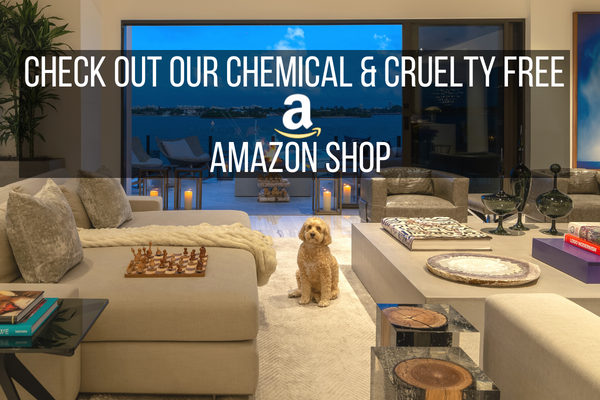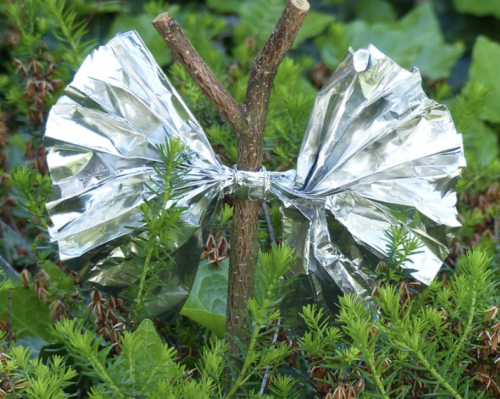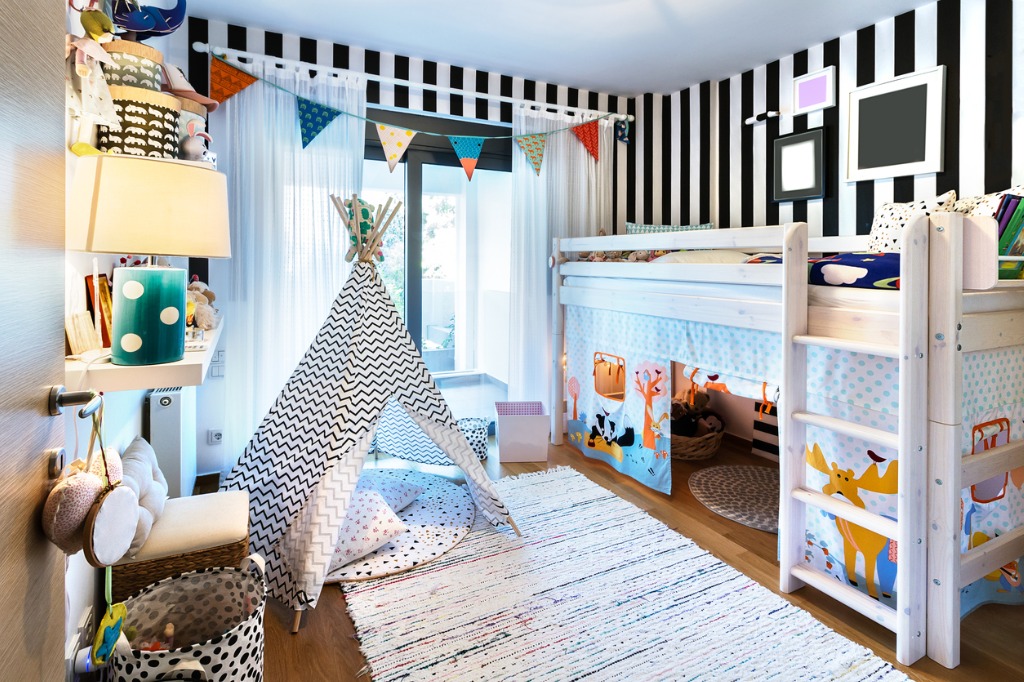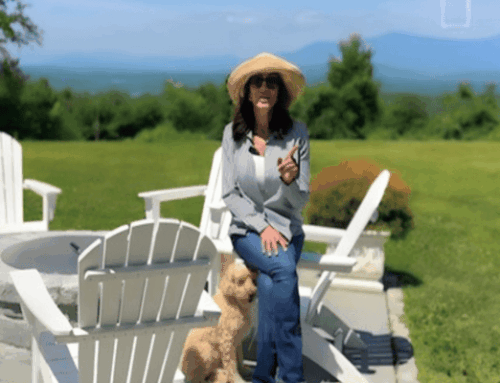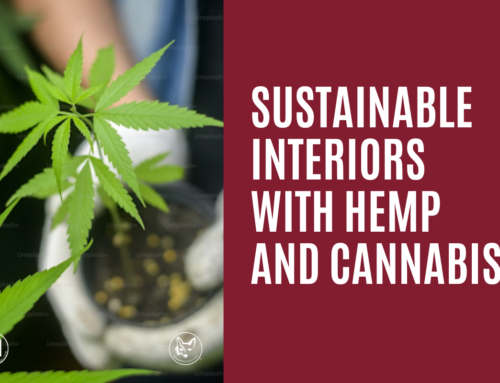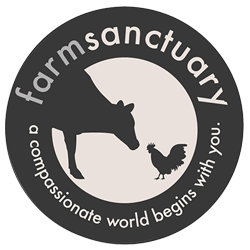Here are 14 tips for naturally keeping bugs and animals away from your garden. A well-maintained garden is a thing of beauty. To keep your bounty safe, try these organic methods to protect your plants without harsh chemicals and pesticides.
Having a garden can be one of the most rewarding experiences. All of your hard work finally pays off, and you can sit back and enjoy the fruits of your labor. But if you’re a gardener, there’s nothing more frustrating than coming out to your garden to discover that pesky bugs or animals have destroyed all of your hard work.
You can’t blame them for wanting to live among the lush greenery in your yard, but how are you supposed to protect your investment from being eaten?
While pesticides may be effective ways to control garden pests, these chemicals can be harmful to people, pets, and the environment. Fortunately, there are several natural alternatives to get rid of garden pests without bringing harm to our planet or our families.
1. Companion Planting
Companion planting is a great way to get more out of your garden. It’s a practice that involves planting different types of plants together to help each other grow. Some plants attract beneficial insects while others repel pests. For example…
● Radishes and spinach can be planted next to each other since they do not compete for space or nutrients, but the spinach will keep pests away from the radishes.
● Basil planted next to tomatoes will keep away beetles that may otherwise eat tomato leaves.
● Marigolds planted around cabbage will keep away cabbage moths and aphids.
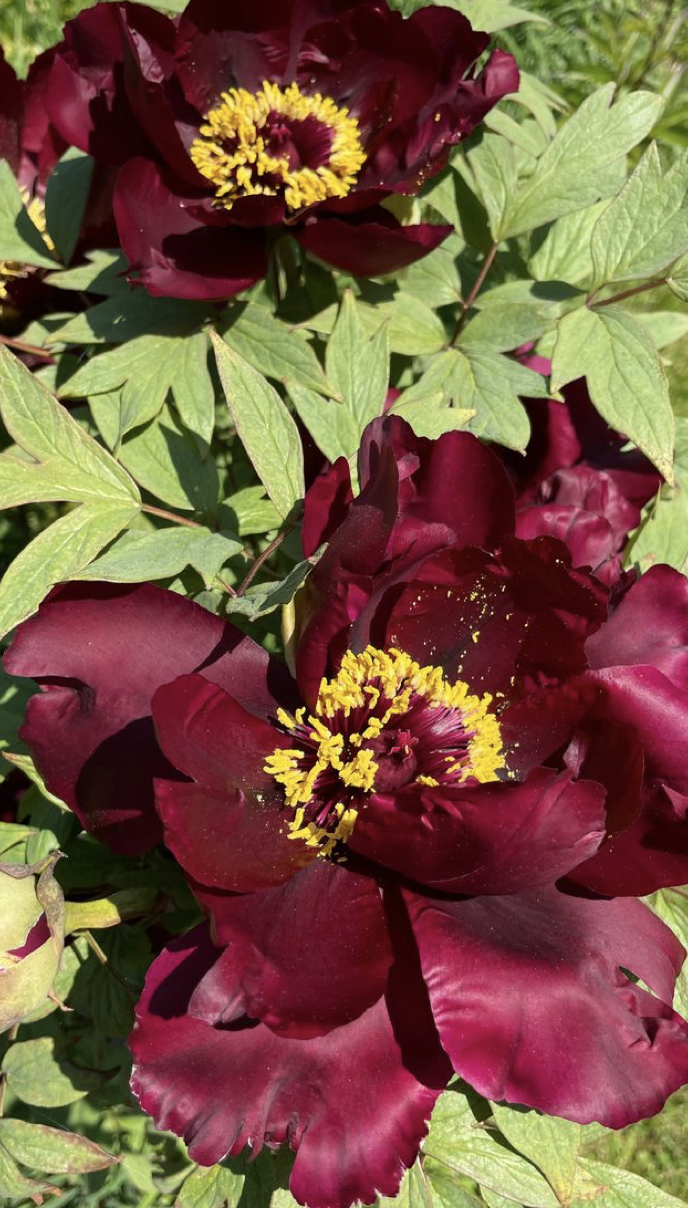
2. Diatomaceous Earth HUH?
Diatomaceous (Dye-a-tomay-shus) Earth is a naturally occurring mineral found in the earth, and it has been used as a natural pesticide for centuries. It is made of fossilized diatoms, which are tiny algae-like organisms that lived in ancient oceans. Today, diatomaceous earth is most often used to filter swimming pool water. But it also makes an effective way to deter pests like slugs and mosquitoes. Apply directly onto the soil where you know these insects will be attracted or placed in containers and around the base of trees and shrubs. Get a bag of Diatomaceous earth on Amazon.
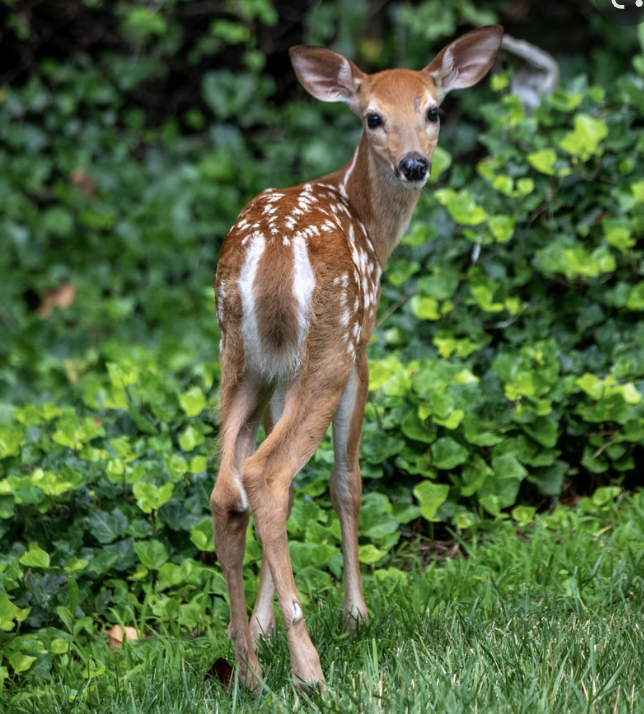
3. Soap And Water
Spraying plants with soap and water is a simple and effective way to kill pests. Mix one part soap to 10 parts water, then spray plants thoroughly. Use this mixture once or twice per week, until you no longer see signs of the pest in your garden. Soap will not harm your plants, but it can damage the surrounding soil if left on for too long. Use sparingly. Here’s our fave plant sprayer
4. Aluminum Foil
If you’re growing your own seedlings, birds can be a major threat. They love to come visit and pick apart tender plants while they are still young and vulnerable. If you want to grow vegetables in your organic garden, but don’t want to use harmful pesticides or chemicals on your plants, try using aluminum foil strips as bird deterrents.
● Cut pieces of aluminum foil into 1-inch wide strips
● Attach string or fishing line at the top of each strip
● Hang the aluminum foil strips between plants in an area where there is plenty of light so that they can remain dry.
5. Copper
Sustainable and organic gardeners know that bringing in the element copper in gardening keeps slugs and snails away without introducing harmful chemicals to the landscape. There are easy copper barriers to buy or you can try a topical application of Bordeaux mixture to halt those munching pests in their tracks.
6. Chrysanthemum Petals
Chrysanthemum flower petals are a natural pest repellent and fertilizer. They can be used in the garden as mulch, on top of your compost pile, or even just to keep away ants and other bugs around the house. Chrysanthemum flowers also attract bees and butterflies so it is an all-around winner!
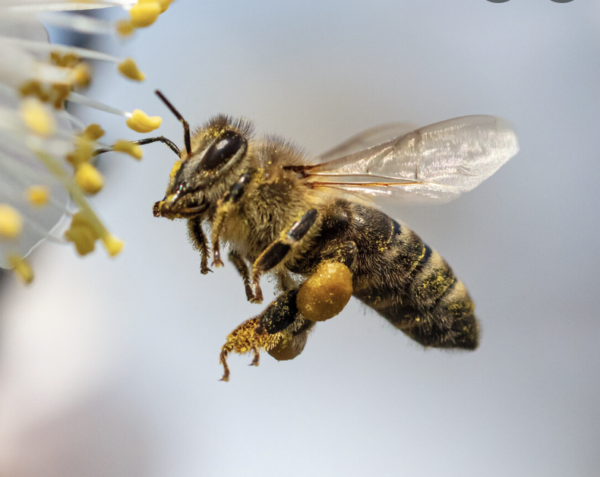
7. Garlic
Garlic makes a great repellent for aphids, cabbage worms and other pests. It’s also a natural pesticide with anti-fungal properties. You can plant garlic throughout your garden, or you can create your own garlic spray…
● Crush up two or three cloves of garlic and add to 1 cup of water
● Mix well until dissolved, then transfer into an empty spray bottle
● To use: Spray in a fine mist over your plants
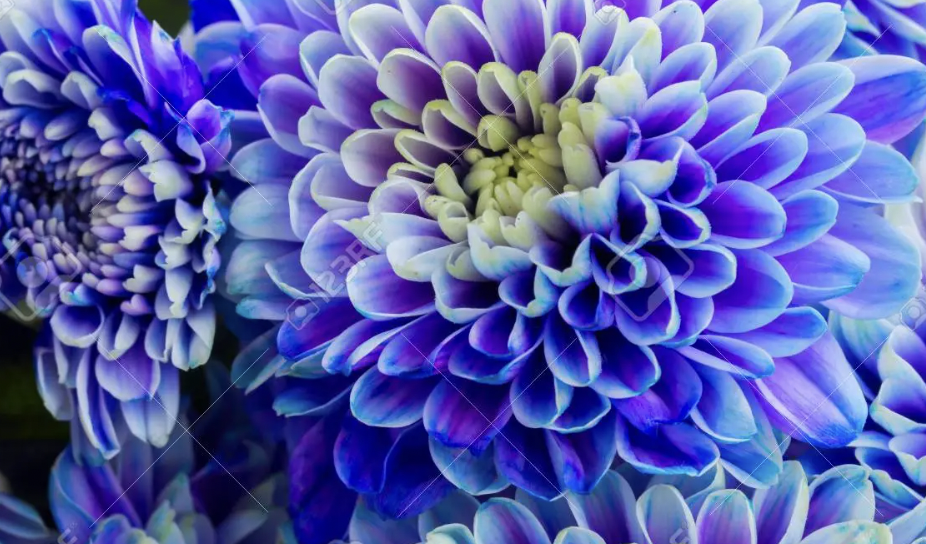
8. Plant Herbs
If you want to naturally keep bugs and animals away from your garden, try planting these herbs.
● Lavender is known for its soothing scent, but it also has insect-repelling properties.
● Basil is a great companion plant for tomatoes. It also repels flies and mosquitoes.
● Chives work great as repellents against bugs, such as aphids and slugs.
● Mint is a great companion plant for tomatoes. Mint attracts ants, which keep other pests away from the tomato plants. Mint also repels aphids, flea beetles and whiteflies. In addition to being an insect repellant, it also deters rabbits and deer from grazing on it.
● Tansy is a great repellent for flies, mosquitoes and other pests. It also deters rabbits, deer and mice.
● Lemon Balm is great at keeping cats away from plants because of its minty scent (which cats don’t like). The plant also has a calming effect on cats so they won’t be so worked up when they’re near it!
9. An Upcycled Window Screen
Slugs are the bane of many gardeners’ existence. They love the damp, dark environment of a seedling pot and can decimate your little plants in no time. You can easily protect your precious seedlings from slugs by placing an old window screen over them. The screen will keep the slugs out while letting in air and light, so you don’t have to worry about losing any of those hard-earned seeds.
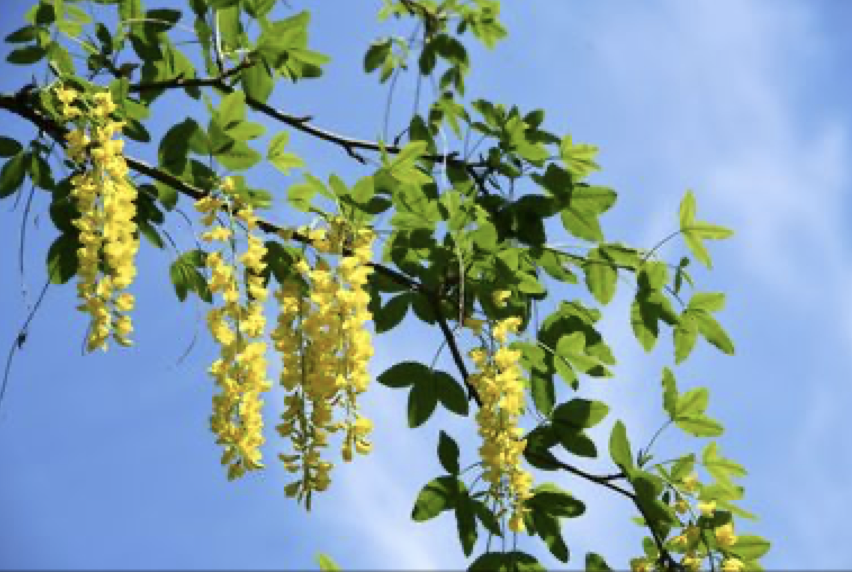
10. Epsom Salt
Epsom salts are a mineral compound composed of magnesium and sulfate. They have been used for years to get rid of pests, such as the Colorado potato beetle, slugs, and snails. Sprinkling epsom salt onto your plants’ leaves can ward off other pests, such as rabbits, groundhogs, and deer. Epsom Salt can also be applied directly on top of your soil or mixed into it before planting; simply use about one tablespoon per square foot.
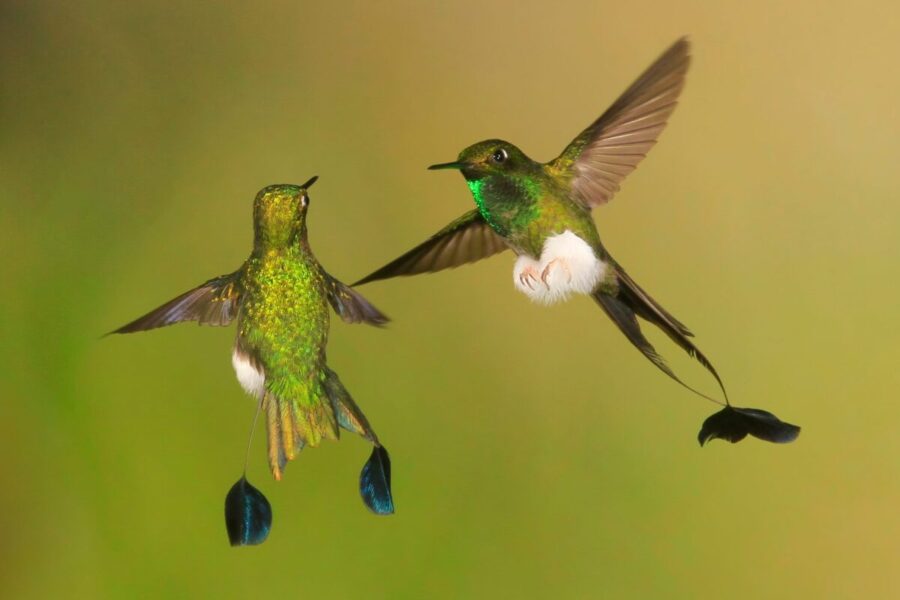
11. Beneficial Insects
Beneficial insects are important to your garden because they help control the pests that attack your plants. You can purchase beneficial insects or attract them naturally by planting flowers attractive to the insects.
● Plant flowers that are attractive to bees and butterflies. These beneficial insects will help pollinate your plants, keep harmful pests away, and encourage beneficial predators.
● Ladybugs are very good at eating aphids, which are a common insect pest on vegetable gardens.
● Other beneficial insects include lacewings, hoverflies, and assassin bugs (also known as praying mantises). These also eat various types of harmful garden pests such as aphids or caterpillars that feed on leaves/flowers/fruit.
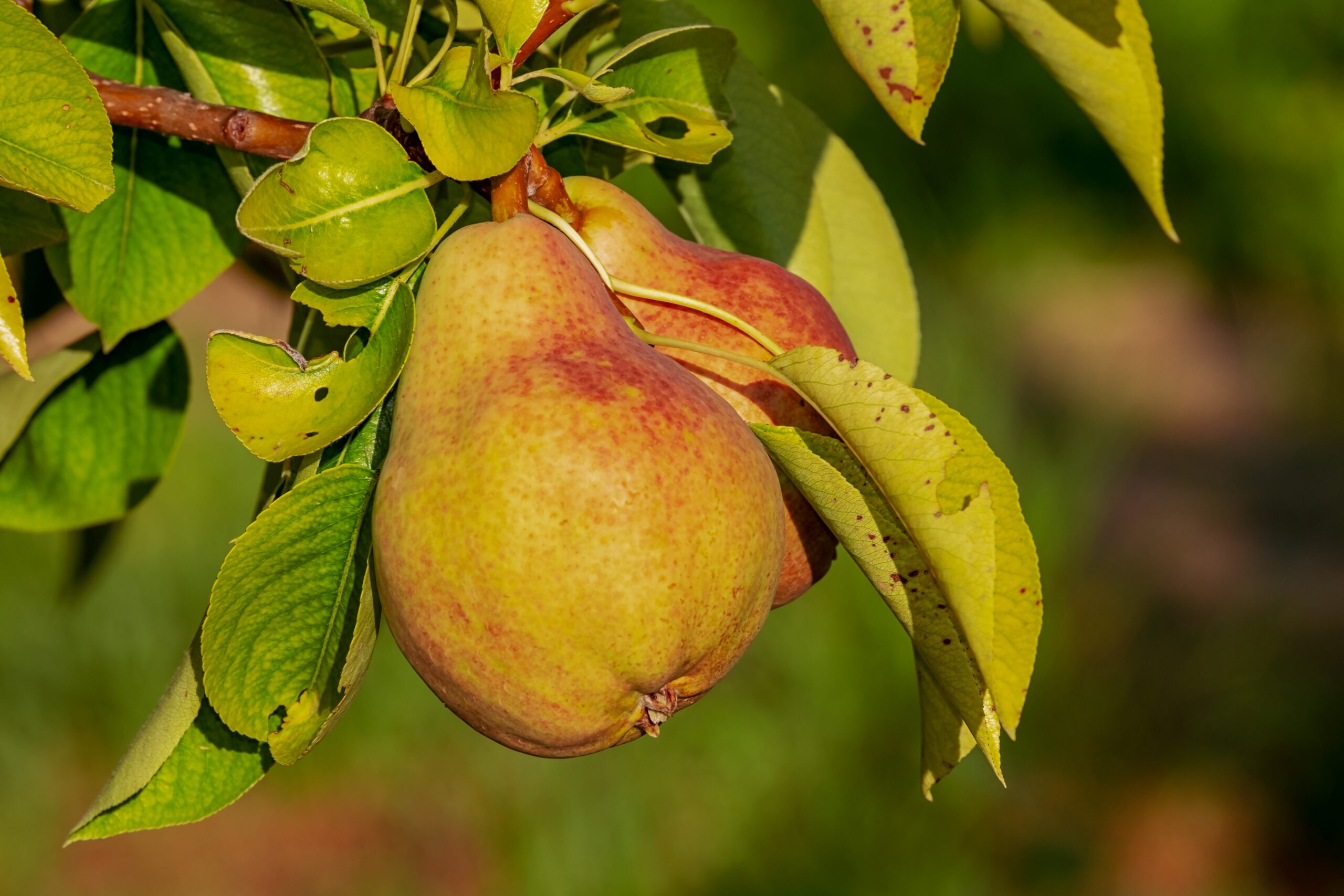
12. Vinegar
Vinegar
Vinegar is a natural herbicide and fungicide. It’s also an effective insecticide, so it can be used on many different types of plants and pests. To make a vinegar spray, you’ll need:
● 1 quart water
● ¼ cup cider vinegar (or white vinegar)
● To use: Combine in a spray bottle and spray in a fine mist over your plants
Vinegar spray can be used to deter several types of garden pests including slugs, moths and ants. Spray your plants’ leaves with a vinegar solution about once each week. You can also create an invisible barrier for crawling insects by spraying around the perimeter of your garden.
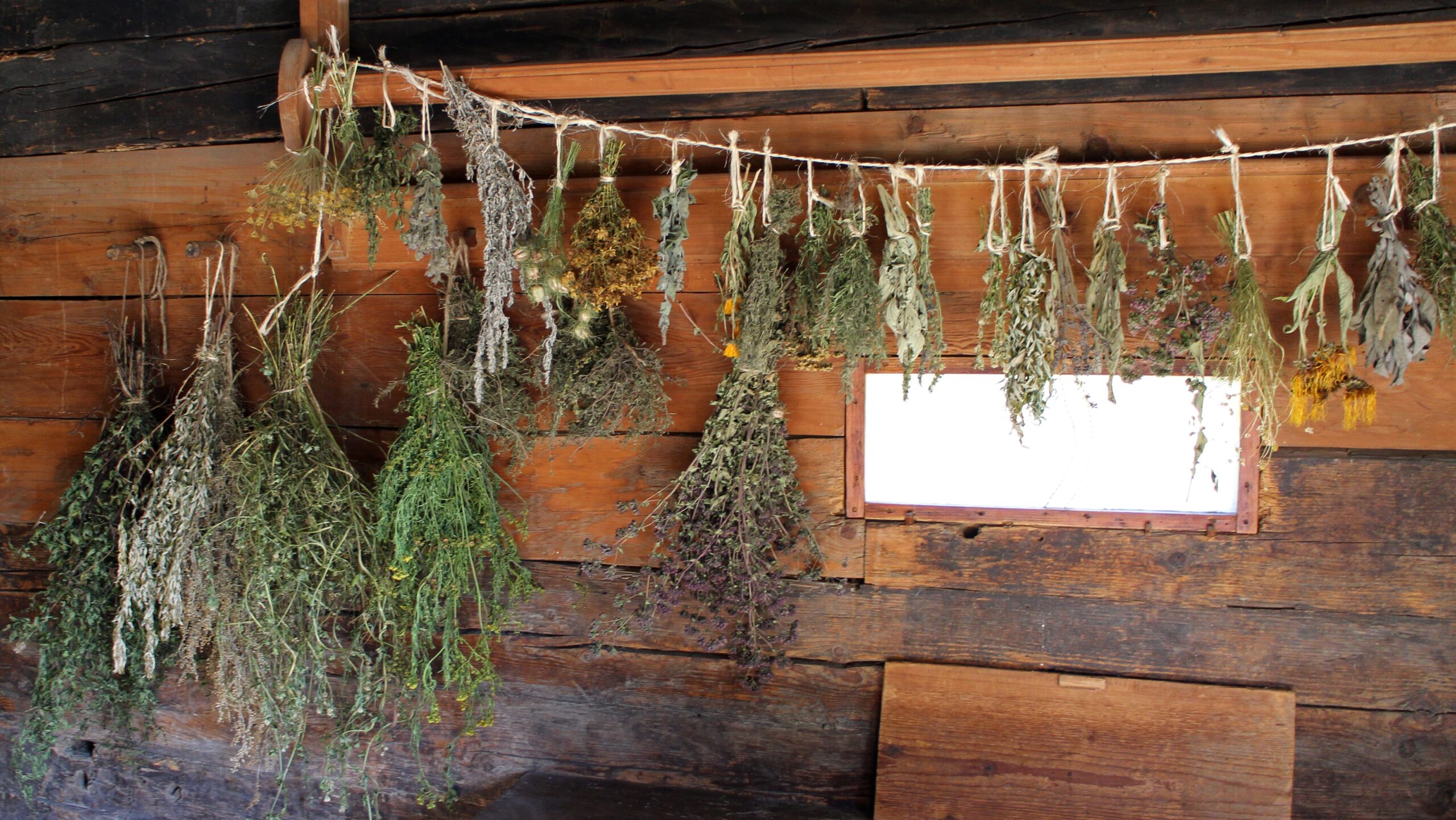
13. Cayenne Pepper
If you’re having trouble with squirrels, rabbits or other animals eating your plants, try sprinkling cayenne pepper on the tips of their favorite plants. The pepper is a natural deterrent to these kinds of pests and will keep them from eating your garden’s bounty.

14. Keep Your Garden Clean
To keep pests like slugs and snails at bay, it’s important that you give your garden a good once-over every few days. First, remove any dead leaves, branches, or other debris that may invite pests into the garden. Next, use a rake to remove more dense leaf litter from the ground surface where animals can hide. Finally, use a broom or leaf blower if there are still piles of debris on top of plants or throughout the garden bed area that needs cleaning up.
Also, rotating crops is one of the most effective ways to avoid pest and disease problems in your garden. Crop rotation is when you plant different crops in different parts of your garden yearly so that pests, diseases, and weeds can’t build up. This is good for the soil and the soil organisms like earthworms and microorganisms.
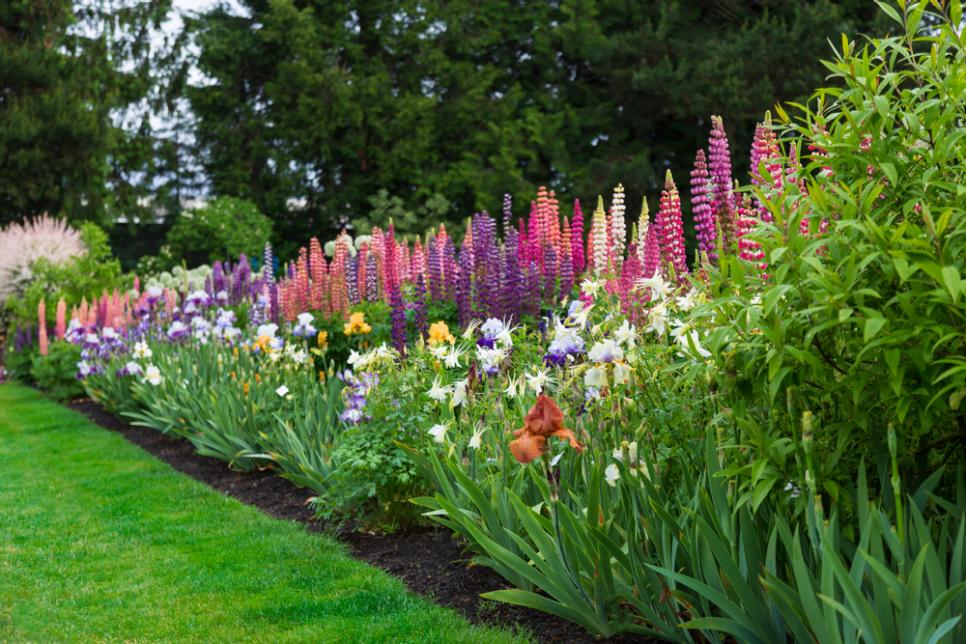
If you take the time and trouble to create an oasis of nature in your life by growing a garden, you will inevitably have to deal with pests that may want to share in your bounty. With the right tools and approaches, you can naturally keep pests out of your garden without relying on chemicals or pesticides. The best thing about these tips is that they are inexpensive, easy to implement and will get you started on the right track towards a healthier garden.
Check Out Our “Chemical & Cruelty Free” Virtual Design Services
Get more info HERE
ABOUT DiMare Design
DiMare Design is the only 100% cruelty-free design consulting firm specialized in creating organic, optimal spaces, and sourcing vegan textiles and sustainable furniture that bears zero-to-low toxins. Please contact us to find out how we can help you create a more healthy and relaxing environment for your home and family. More about founder Deborah DiMare
People want to come home to healthier, happier environments. Zero toxin, vegan and wellness design is becoming the “new normal.”
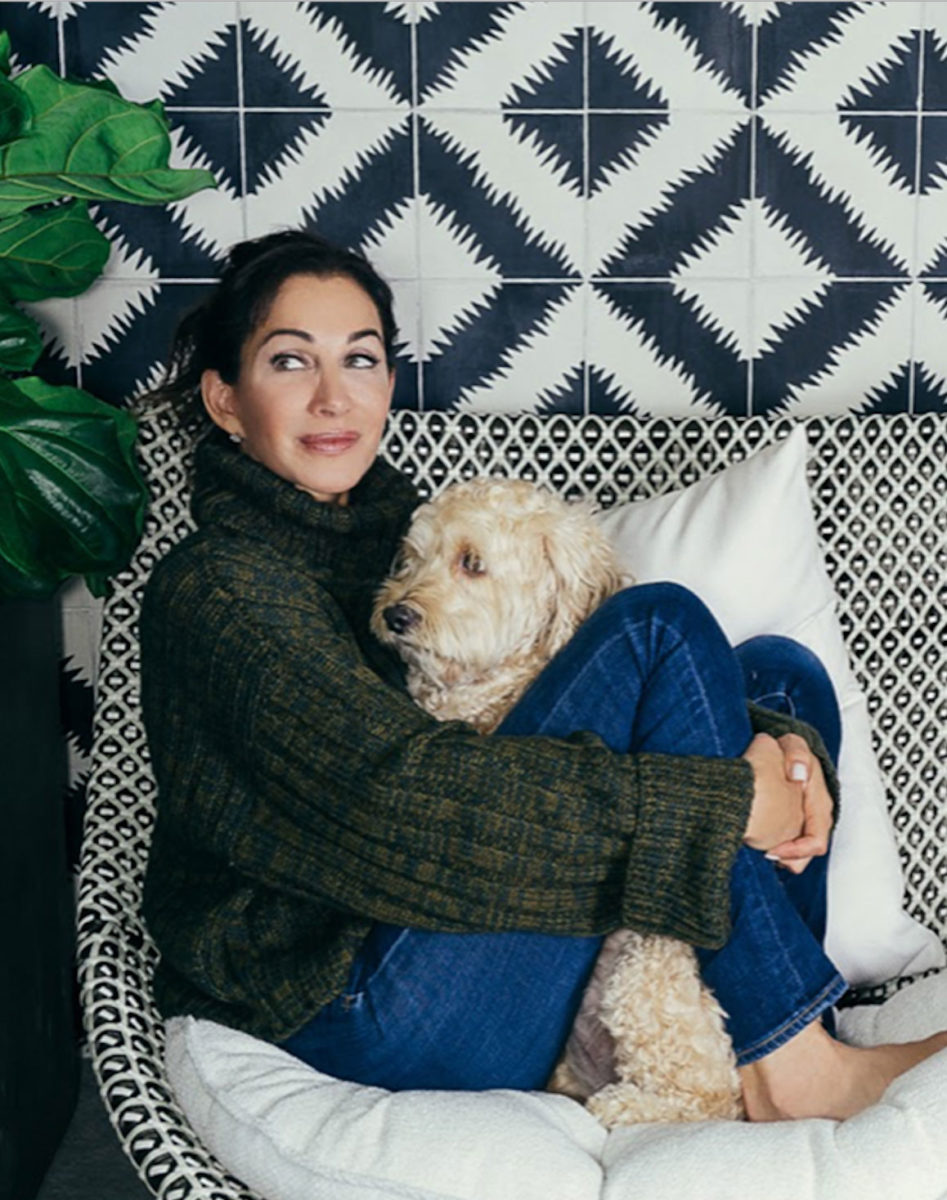
– Deborah DiMare –
Join my Facebook Community “Design for a Non Toxic & Cruelty Free Home.
Wish to receive more articles like this? Subscribe to my newsletter.
Check out our non-toxic and cruelty-free Amazon shop.
Learn how to design spaces that are non toxic, non animal based (vegan) and promote wellbeing,
by subscribing to our Youtube Channel.
In case you missed it 🌸
Have you taken our newest beginner course?!
Learn more about the Online Nursery & Kids Room Design Course.
Need help finding non-toxic and cruelty-free furniture & decor?
Check our Resource Guide (150+ brands!)
Need help creating a safe & healthy home for you & your family?
BOOK US for a 20-minute call!
Need even more family-friendly home design tips?
Check out our FREE 23 Chemical and Cruelty Free Design Tips Sheet
Here’s a link to a financial guide for parents of children with disabilities
Why go vegan on your mattress
Meghan Markle and her choice of nursery paint
Apps for kids with Autism
Check out a complete guide to renovating your kitchen
Creating a Chemical Stress-Free Home
Bentley Goes Vegan and Leather Alternatives 101
10 Easy Steps to Create Gardens in Your Yard for the First Time
34 Creative Ways to Grow a Garden, Even When You’re Short on Space
Just a heads up, this article may contain links to affiliate sites, products or services. If you purchase something through one of those links, you won’t pay a penny more! The affiliate simply provides us with a small commission which helps us fund our operations, promoting healthy & compassionate interior decorating.
Share this with friends!

I’m Deborah! My mission is to show others by demonstration, that no living being, human & non, be sacrificed for beautiful, non toxic, healthy & durable furniture & decor. More about me.

Light up Your Inbox
Sign up today for my newsletter to stay up to date with the latest & greatest from DiMare Design.


